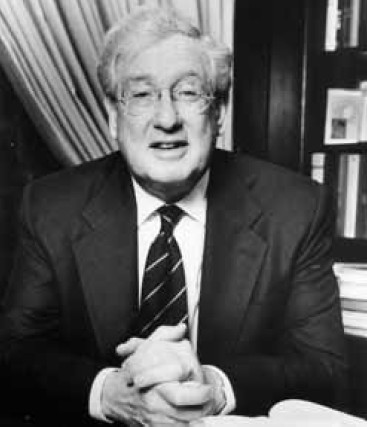HOURS
Reading Room
Mon-Thurs: 9:30am-4:30pm
Genealogy Institute
Mon: 9:30am-4:30pm
Tue-Fri: By appointment only
Free Exhibit Spaces
Sun–Thurs: 9:30am–7:30pm
Fri: 9:30am-3:30pm
Sat: Closed
Ruth's Bookstore
Sun–Thurs: 10:30am-6:30pm
Fri: 10:30am-4:00pm
Make sure to check our holiday closures prior to visiting.
Last entry to the Center for Jewish History Exhibitions, Reading Room, and the Genealogy Institute is 1 hour before closing. The last call to page items in the Reading Room and Genealogy Institute is 3pm.
Scholars Working Groups Call for Proposals
The Center for Jewish History (CJH) invites proposals for a new Scholars Working Group to begin in Fall 2023. Building on the success of previous working groups including ‘The History of the Jewish Book,’ ‘New York City and the Jews,’ ‘Women and Gender,’ ‘Jews and the Modern Economy,’ ‘Yiddish Press,’ and ‘Roman Forum,’ CJH is seeking to provide new opportunities to draw from the research and ideas of a wide array of scholars at different career stages. The Center welcomes proposals on diverse and multidisciplinary themes/subjects that seek to examine a specific topic or question through various historical, disciplinary, and contextual mediums and lenses. The ultimate goal is to facilitate the creation of an interdisciplinary community of scholars who engage and provide opportunities for inquiry and conversation among themselves in an ongoing way.
Working Group Requirements
- The new working group will be expected to commit to a two-year cycle of six meetings per academic year. To be as inclusive as possible, most of these meetings will be held virtually, with one meeting per academic semester taking place in-person at the Center for Jewish History.
- The meetings will consist of scholars presenting works-in-progress or completed but unpublished works of scholarship in the interest of generating conversation that relates to the overall theme of the group.
- Working groups should also consider how to engage the broader CJH public. This might take the form of sponsoring a public symposium or a public lecture series, developing a digital platform, print publication, or other forms of disseminating the group’s results, all based on the outcome of the working group’s cumulative deliberations.
- Applications must identify two group conveners, one of whom is expected to be a resident of the New York metropolitan area.
- Conveners will determine the specific composition of the group, but both junior and senior scholars as well as advanced graduate students (ABD) should be invited to participate. Participation is by invitation only. Groups should consist of no fewer than twenty and no more than thirty-five invitees to begin.
The proposal should identify, in very clear terms:
- The proposed theme and its significance to Jewish Studies
- The plan for the two-year cycle
- The names of the two conveners and a list of potential participants
- Possible session topics that reflect a multidisciplinary perspective
- Proposals should address the potential afterlife of the working group. Applications must consider ways the group can further its stated goals following completion of the working group cycle, either through sponsoring annual panels at the AJS conference, establishing a long-term digital project, publication of working group presentations, creating public symposia or workshops that involve a broader array of participants, conferences, or by other means.
The Center for Jewish History will cover the cost of each session including refreshments, technical, and administrative expenses.
Proposals are welcome from established scholars in the field of Jewish Studies. Applications should be no longer than 3-5 pages and should be sent to:
Lauren Gilbert
lgilbert@cjh.org.




